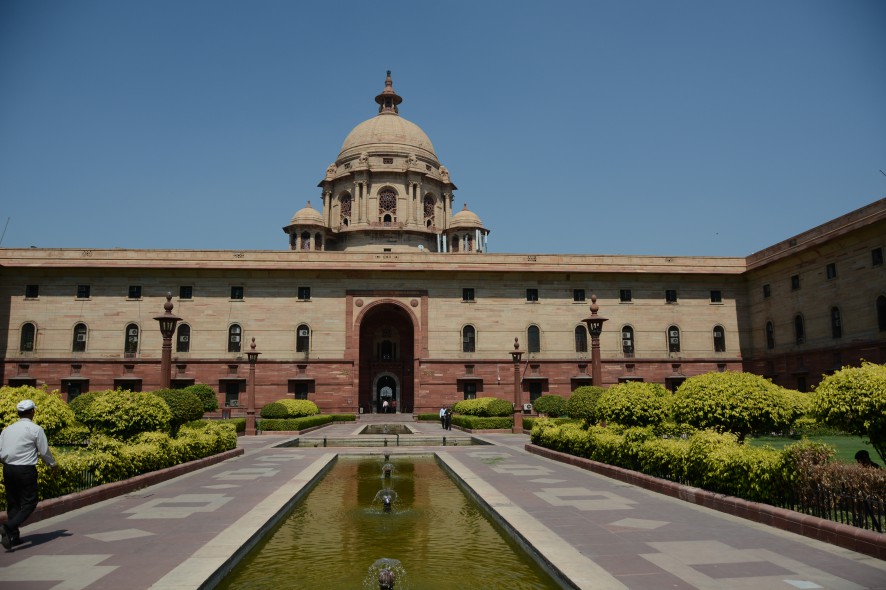Guidelines on Fair Trade Practices Related to Charging of Service Charge from Consumers by Hotels/Restaurants
Whereas, the Department of Consumer Affairs, Government of India is mandated to ensure that consumers are protected as per the provisions of the Consumer Protection Act, 1986 (hereinafter referred as ‘The Act’);
Whereas, a customer visiting a hotel or restaurant for availing its hospitality, which includes buying the food & beverages and availing services connected therewith or incidental thereto for consideration, falls under the definition of consumer as per the Act;
Whereas, it has come to the notice of this Department that some hotels and restaurants are charging tips/gratuities from the customers without their express consent in the name of service charges;
Whereas, it has also come to the notice of this Department that some customers have been paying tips to waiters in addition to service charges under the mistaken impression that service charge is a part of taxes:
Whereas, it has also come to the notice of this Department that in some cases hotels/restaurants are restraining customers from entering the premises if they are not in prior agreement to pay the mandatory service charge;
Whereas, public interest has arisen due to a number of grievances reported against mandatory levy of service charges by the hotels and restaurants;
Now therefore, the Government considers it appropriate to clearly distinguish between the fair and unfair trade practices in respect of service charges, charged by the hotels/restaurants, and issues the following guidelines:
(1) A component of service is inherent in provision of food and beverages ordered by a customer. Pricing of the product therefore is expected to cover both the goods and service components.
(2) Placing of an order by a customer amounts to his/her agreement to pay the prices displayed on the menu card along with the applicable taxes. Charging for anything other than the afore-mentioned, without express consent of the customer, would amount to unfair trade practice as defined under the Act.
(3) Tip or gratuity paid by a customer is towards hospitality received by him/her, beyond the basic minimum service already contracted between him/her and the hotel management. It is a separate transaction between the customer and the staff of the hotel or restaurant, which is entered into, at the customer’s discretion.
(4) The point of time when a customer decides to give a tip/gratuity is not when he/she enters the hotel/restaurant and also not when he/she places his/her order. It is only after completing the meal that the customer is in a position to assess quality of service, and decide whether or not to pay a tip/gratuity and if so, how much. Therefore, if a hotel/restaurant considers that entry of a customer to a hotel/restaurant amounts to his/her implied consent to pay a fixed amount of service charge, it is not correct. Further, any restriction of entry based on this amounts to a trade practice which imposes an unjustified cost on the customer by way of forcing him/her to pay service charge as condition precedent to placing order of food and beverages, and as such it falls under restrictive trade practice as defined under section 2(1)(nnn) of the Act.
(5) In view of the above, the bill presented to the customer may clearly display that service charge is voluntary, and the service charge column of the bill may be left blank for the customer to fill up before making payment.
(6) A customer is entitled to exercise his/her rights as a consumer, to be heard and redressed under provisions of the Act in case of unfair/restrictive trade practices. and can approach a Consumer Disputes Redressal Commission/Forum of appropriate jurisdiction.
Ministry of Consumer Affairs, Food and Public Distribution






